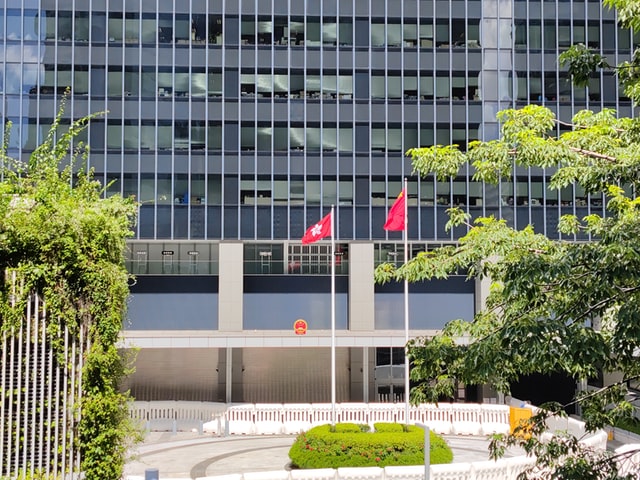Date first published: 16/12/2021
Key sectors: all
Key risks: political instability; civil unrest
Risk development
The much-delayed Legislative Councils (LegCo) election is set to take place on 19 December, marking the first major election since the Chinese and local governments implemented a series of electoral changes that drastically remade Hong Kong’s political system. The reforms have undermined the popular mandate while effectively severing any pathways for pro-democracy candidates to be elected to the LegCo.
Why it matters
The new electoral system only allows so-called ‘patriots’ to run in the legislative election although the LegCo has never been fully democratic given that only 35 of the 70 seats are directly elected prior to the overhaul. The remaining seats were allocated to different industries and sectors that were predominantly pro-Beijing. While recognising the structural unfairness, the pro-democracy camp has never forfeited seats in the legislature until the mass resignations of all opposition lawmakers after four pro-democracy members were disqualified in November 2020.
Under the new electoral framework, only 20 per cent of the lawmakers would be directly elected since only 20 of the LegCo’s 90-seats are voted by the public, which means that pro-democracy candidates will have virtually no chance to run for the election. The number of seats was increased from 70 to 90 seats. This in turn would likely lead to more irresponsible governance where limited checks and balances are effectively removed following the reforms. Additionally, the absence of opposition and near-complete control of the legislature by Beijing is likely to mean the local government can pass any law it wishes.
In terms of the implications for Hong Kong’s finance sector, the city’s democratic backsliding is unlikely to tarnish its status as an international financial hub unless drastic reforms in the judiciary take place in the near-term, which remains unlikely. Though the city is increasingly becoming a ‘Chinese’ financial hub as many Chinese firms rush to Hong Kong’s stock market amid Beijing’s crackdowns.
Background
In May, the Hong Kong government passed new electoral reforms, which Beijing imposed in March. Under the electoral reforms, a new screening committee was created to vet candidates to ensure their ‘royalty’, while seats held by District Councillors, many of them members of the pro-democracy camp, were removed. The number of directly elected seats in the LegCo was also reduced from 35 to 20, while the legislature’s size was expanded from 70 to 90 seats. Meanwhile, the Election Committee was increased from 1,200 members to 1,500 and given new powers and a new role. The committee is not now responsible not only for ‘electing’ the city’s Chief Executive, but it will also nominate and appoint 40 of the committee’s own members to serve in the LegCo.
Outlook
The election turnout is expected to be low as pro-Beijing lawmakers are expected to win overwhelmingly. Although a number of ‘centralist’ candidates who are neither pro-Beijing loyalists or pro-democracy partisans could secure several directly-elected seats. While anti-government protests are likely to emerge following the vote, they are likely to be confined in much smaller numbers. Nevertheless, the exclusion of the pro-democracy camp from participation in the political system is likely to have an adverse effect on achieving political and social stability. In fact, any unpopular government policy could still attract large-scale protests that risk becoming violent and unpredictable.



